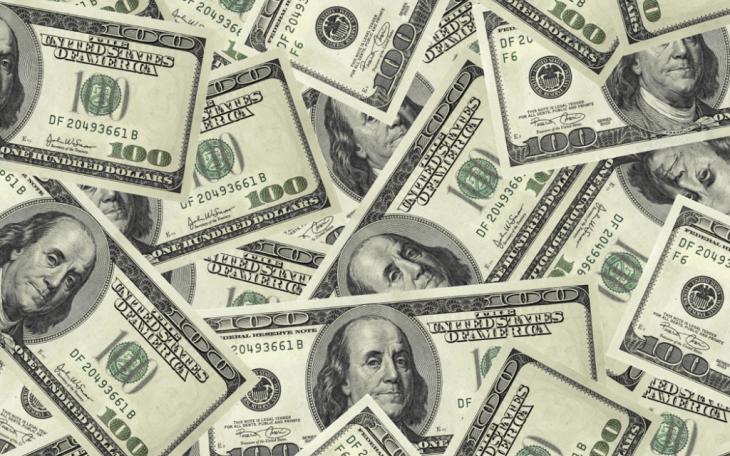Many people understand that ‘mad’ is a term for crazy in the Queen’s English. Thanks to Lewis Carroll’s “Alice’s Adventures in Wonderland” and “Through the Looking Glass” for introducing potentially the most famous ‘mad hatter.’
However, it’s highly suggested that Carroll himself borrowed the phrase from the common vernacular at the time that referred to people exhibiting odd behavior as “mad as a hatter.”
Although in the book, the hatter himself never says he is mad, but that he is at a ‘mad tea-party.’
One reason for this was the abundant use of mercury in the process of hat making, well known for its great effects on the nervous system.
Phrases.uk.org quotes a neurotoxicologist: "Mercury exposure can cause aggressiveness, mood swings, and anti-social behavior."
Therefore, mercury poisoning, causing slightly crazy behavior, makes it quite easy to see why crazy people were referred to as ‘mad as a hatter.’
The term, though a bit archaic and rarely used anymore in today’s common euphemisms, is still generally understood to mean ‘really crazy.’
But it might not be long before people no longer know what a ‘hatter’
Subscribe to the LIVE! Daily
Required






Post a comment to this article here: